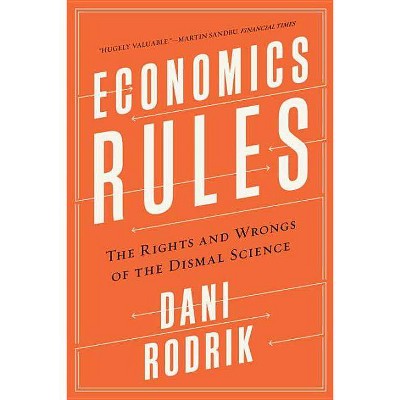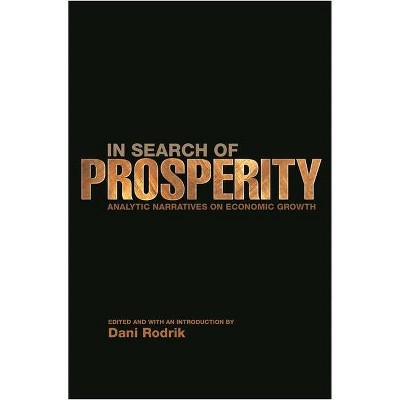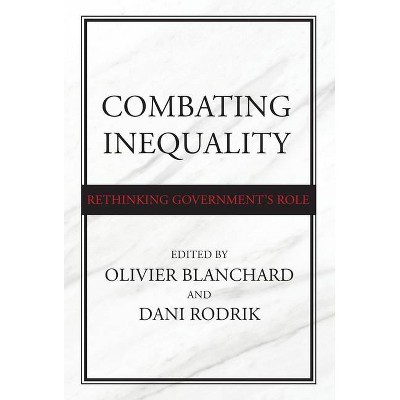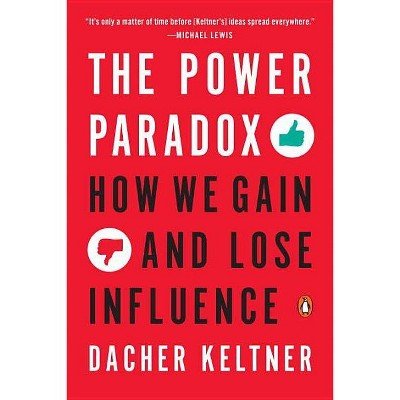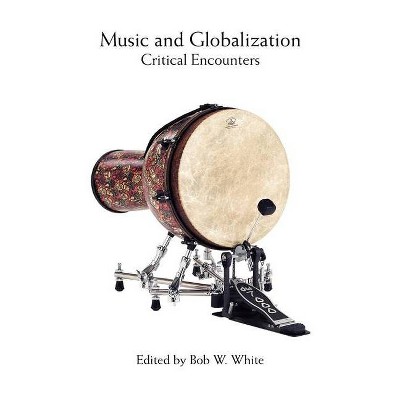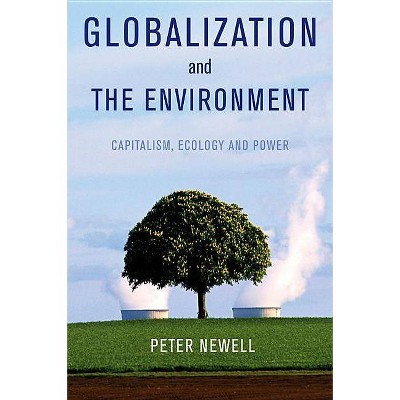The Globalization Paradox - by Dani Rodrik (Paperback)
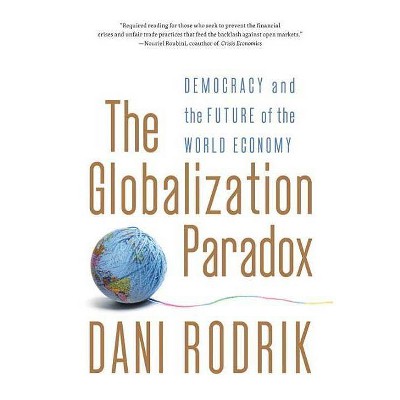
Similar Products
Products of same category from the store
AllProduct info
<p/><br></br><p><b> About the Book </b></p></br></br>Surveying three centuries of economic history, a Harvard professor argues for a leaner global system that puts national democracies front and center.<p/><br></br><p><b> Book Synopsis </b></p></br></br>In this eloquent challenge to the reigning wisdom on globalization, Dani Rodrik reminds us of the importance of the nation-state, arguing forcefully that when the social arrangements of democracies inevitably clash with the international demands of globalization, national priorities should take precedence. Combining history with insight, humor with good-natured critique, Rodrik's case for a customizable globalization supported by a light frame of international rules shows the way to a balanced prosperity as we confront today's global challenges in trade, finance, and labor markets.<p/><br></br><p><b> Review Quotes </b></p></br></br><br>Although [Rodrik's] message is nuanced and rigorous, drawing on history, logic and the latest economic data, he manages to convey it in simple, powerful prose that any reader can follow. . . . A much-needed addendum to [Adam] Smith's famous formulation.--Steven Pearlstein "Washington Post"<br><br>Dani Rodrik may be globalization's most prominent--and most thoughtful--gadfly. In <em>The Globalization Paradox</em> he wonders aloud whether extreme globalization undermines democracy--and vice versa. Read it and you'll wonder too.--Alan S. Blinder, former vice chairman of the Federal Reserve's Board of Governors<br><br>In this cogent, well-written book, Rodrik, a Harvard economist, critiques unalloyed globalization enthusiasts, taking aim at their desire to fully liberalize foreign trade and capital movements.--Richard N. Cooper "Foreign Affairs"<br><br>Mr. Rodrik is exactly what the doctor ordered because economics over the past few years has become hyper-politicized (thank you, Paul Krugman) yet never more dismal. Well-written, witty, crafted by an author who doesn't jump the Freakonomics shark, <em>The Globalization Paradox</em> reminds us that economists don't exist without data, and data comes, ultimately, from the vision and labor of those in the marketplace.--Robert Nersesian "New York Journal of Books"<br><br>Simply the best recent treatment of the globalization dilemma that I've read, by an economist or anyone else. . . . He gives us nothing less than a general theory of globalization, development, democracy, and the state. The book provides the pleasure of following a thoughtful, critical mind working through a complex puzzle. Rodrik writes in highly friendly and nontechnical prose, blending a wide-ranging knowledge of economic history and politics and a gentle, occasionally incredulous, skepticism about the narrow and distorting lens of his fellow economists.--Robert Kuttner "American Prospect"<br><br>A Big Book, one that may shape a new way of thinking about the global economy. . . . The style is conversational, but sweeping and authoritative--professorial in the positive sense. Rodrik is less of a polemicist . . . preferring to stay inside the tent, but he can pack a polite punch when necessary.--Duncan Green, Oxfam International, author of From Poverty to Power<br><br>Takes on the biggest issue of our time--globalization--and eloquently enlarges the debate about the extent and limits of global cooperation.--Gordon Brown, former British Prime Minister<br><br>Required reading for those who seek to prevent the financial crises and unfair trade practices that feed the backlash against the open markets.--Nouriel Roubini, coauthor of Crisis Economics: A Crash Course in the Future of Finance<br>
Price History
Cheapest price in the interval: 9.59 on October 28, 2021
Most expensive price in the interval: 9.59 on February 5, 2022
Price Archive shows prices from various stores, lets you see history and find the cheapest. There is no actual sale on the website. For all support, inquiry and suggestion messages communication@pricearchive.us
